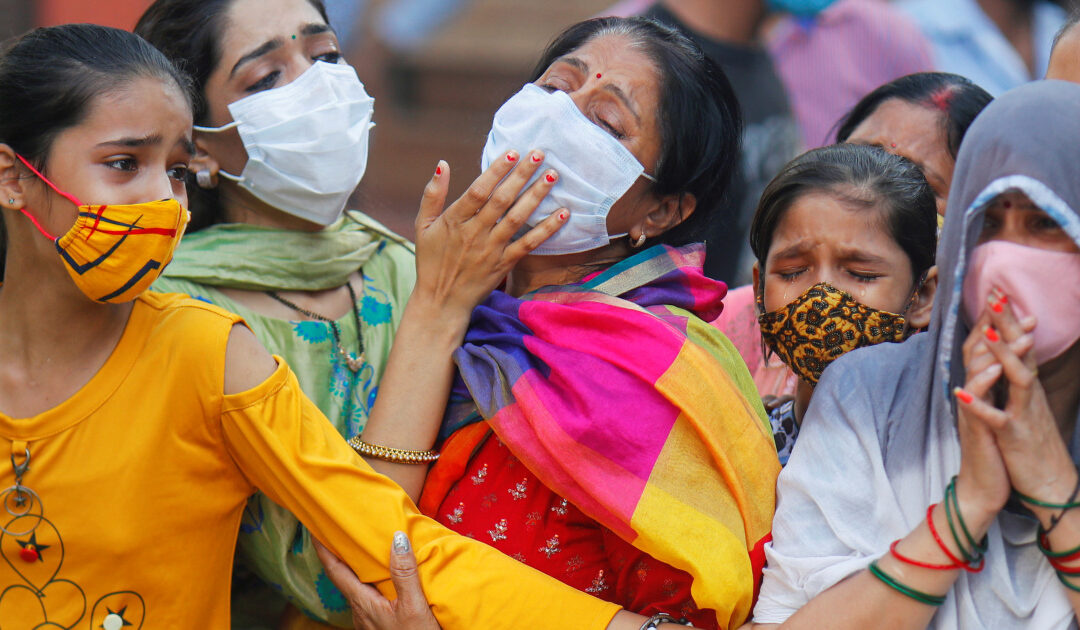
Dec 21, 2020 | News
We are all about to celebrate the festive season. For a large number of people, there will be little to celebrate. Rule of Law & Human Rights violations are taking place, daily, unaccounted for and affecting their lives.
Here are some example:
- Failure to access healthcare of all people in India, Libya and South Africa;
- Enacting effective bans on abortion in some states in the USA;
- Failure to adequately tackle skyrocketing domestic violence around the globe during lockdown;
- Rights of refugees, stateless persons and destitute migrants being trampled on worldwide;
- LGBT minorities refused access to shelters;
- Ban on sexual education in Poland;
- Hungary’s prohibition of legal gender recognition;
- Curtailing of due process and fair trial rights;
- … and more
For almost a year, the ICJ has been on the front lines to document, advocate and provide efficient legal tools for civil society and the legal community to stop these abuses.
Please click on Donate, as little as 5 US$, to support ICJ fight against these repeated attacks on the most basic of Human Rights.
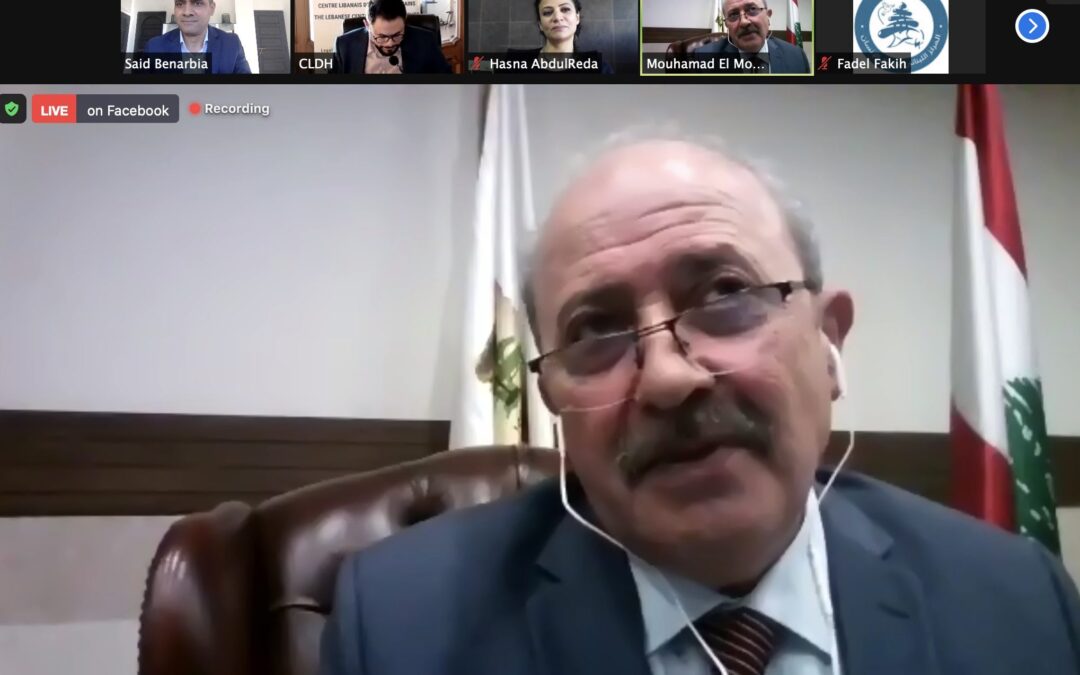
Dec 21, 2020 | News
Today, the Lebanese Center for Human Rights (CLDH) and the ICJ held a joint webinar on migrants and refugees in Lebanon. The organizations addressed the situation of migrant workers and refugees including their legal and social status and the violations to which they are exposed.
The ICJ and CLDH called on the Lebanese authorities to adopt and enforce just, fair and effective legal and policy frameworks to address the entry and stay of refugees and migrants in Lebanon, and ensure the protection of their human rights in full compliance with Lebanon’s obligations under international law, particularly their non-refoulement obligations.
The ICJ launched its recent report Unrecognized and Unprotected: The Treatment of Refugees and Migrants in Lebanon, which undertakes an assessment of the Lebanese legal framework governing the treatment of migrants and refugees in the country, including their entry and stay.
The report concludes that the legal and policy gaps, together with the executive’s excessive and unchecked powers in shaping and implementing migration-related policies, have led to serious violations to refugees’ and migrants’ human rights in Lebanon.
The ICJ presented the findings and key recommendations of its report, which included urging the Lebanese government to ensure that no individual is transferred to a country where he or she faces a real risk of persecution or other forms of serious harm, such as torture or other cruel, inhuman or degrading treatment or punishment.
Procedural obstacles preventing migrant workers and refugees from accessing justice, such as lacking residency papers, were examined by CLDH.
The webinar, facilitated by CLDH’s Executive Director Fadel Fakih, commenced with opening remarks from Said Benarbia, Director of the ICJ’s Middle East and North Africa Programme, and Wadih Al-Asmar, President of CLDH. Attendees included civil society, lawyers, and members of the Lebanese Bar association.
Underscoring that Lebanon is obligated to protect the rights of refugees and asylum seekers despite not being a State party to the 1951 Refugee Convention, as these rights are guaranteed by other international conventions ratified by Lebanon including the International Covenant on Civil and Political Rights (ICCPR) and the UN Convention against Torture and other Cruel, Inhuman and Degrading Treatment or Punishment (UNCAT), Al-Asmar called on the Lebanese State to abandon its repressive security approach towards refugee populations, and to abolish the exploitative Kafala sponsorship system.
Benarbia addressed how normative gaps, together with restrictive provisions of the 1962 Law of Entry and Exit, including those criminalizing “irregular entry,” undermine the right of refugees to an individual examination of their asylum claim, their right to liberty and security of person, and their right to an effective legal remedy for human rights violations.
He pointed out that laws and policies impacting on migrants and refugees should be adopted and implemented by legally constituted civilian authorities, subject to legislative oversight and judicial review.
CLDH members Hasna Abdul Reda and Rabih Keyrouz focused on the obstacles that continue to impede migrant workers and refugees from accessing justice in Lebanon. CLDH Programme Manager, Josiane Noun, presented CLDH’s Legal Aid Programme and support services that the organization has made available to migrant workers and refugees.
Kouakou Adjo Delphine, representing the Alliance of Migrant Domestic Workers in Lebanon, discussed the challenges domestic migrants face in accessing justice for human rights violations.
The conference concluded with an open discussion between panelists and participants where possible solutions to enhance the protection afforded to migrant workers and refugees in Lebanon were discussed.
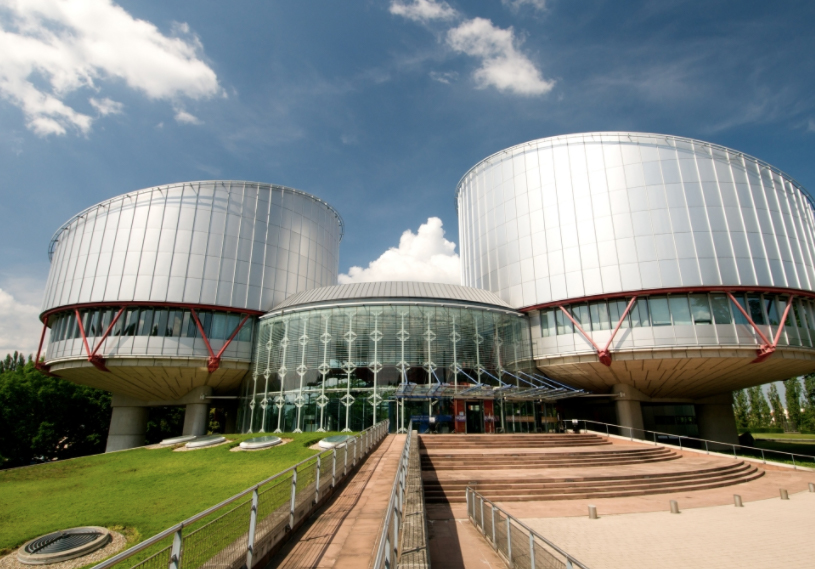
Dec 8, 2020 | News
The ICJ with partners has intervened in European Court for Human Rights case concerning collective expulsions, including of children from Croatia.
The ICJ and partners (European Council for Refugees and Exiles, Dutch Council for Refugees, AIRE Center and the Hungarian Helsinki Committee) intervened today in the case S.B. v Croatia (Application No. 18810/19) at the European Court for Human rights.
The case concerns collective expulsion of migrants, including children, from Croatia to Bosnia and Herzegovina, and excessive use of force.
In the intervention, the organisations have highlighted international legal standards regarding the principle of non-refoulement and prohibition of collective expulsions. They also point to the need to take into account specific vulnerabilities of asylum seekers and children in order to guarantee enhanced safeguards afforded to them under international and EU law.
The organisations also note that in operations aimed at imposing restrictions on freedom of movement or deprivation of liberty to carry out an expulsion, the use of force should only be employed exceptionally and subject to strict necessity and proportionality requirements. The lack of resistance to law enforcement officials, per se renders force unlawful.
Please find the third party intervention here.
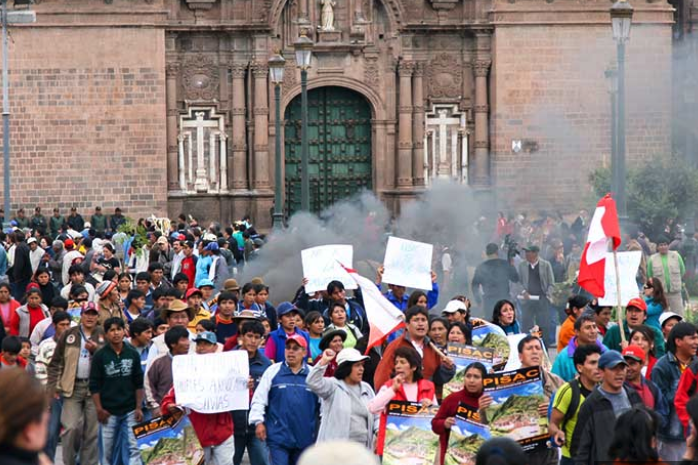
Nov 15, 2020 | News
The removal of Peru’s President Martin Vizcarra by the country’s Congress has undermined respect for the principle of separation of powers and precipitated a rule of law crisis, the ICJ said today.
On 9 November, Peru’s Congress used the seldom-used article 113(2) of the country’s constitution to ‘vacate’ Vizcarra’s term on the ground of “permanent moral incapacity” for office and swore in the President of the Congress, Manuel Merino, as President of the country.
The underlying justification for Vizcarra’s removal was allegations of corruption stemming from the time when he was Governor of Moquequa state in 2011-2014. Those allegations are already under investigation by the Office of the Prosecutor.
The ICJ notes that Peru’s Constitutional Court has a pending case to review the constitutional consistency of the use of the grounds of “permanent moral incapacity” clause for ordinary crimes. The Peruvian Constitution contemplates a separate procedure of impeachment that has not been followed in this case. Yet Congress applied the clause of “moral incapacity” in hasty proceedings with that decision pending.
“Peru’s congress has preempted the decision of the Constitutional Court and applied an overly expansive and highly contested legal interpretation of article 113(2) to oust a president, thus implicating the authority of the Judicial branch as well as the Executive,” said ICJ Secretary General Sam Zarifi.
“This overreach by the Legislative branch has launched the country into a rule of law crisis that also threatens respect for human rights in the country,” he added.
Protesters demonstrating against Vizcarra’s removal have faced ill-treatment and arbitrary arrest by police and security forces.
The ICJ calls on the Peruvian authorities to respect the right to freedom of assembly and peaceful protest and to desist from any form of unlawful use of force. Allegations of violations of ill-treatment and other human rights violations must be investigated promptly, thoroughly and impartially. The ICJ also urges respect of the independence of the judiciary, particularly as concerns the Constitutional Court and its functions.
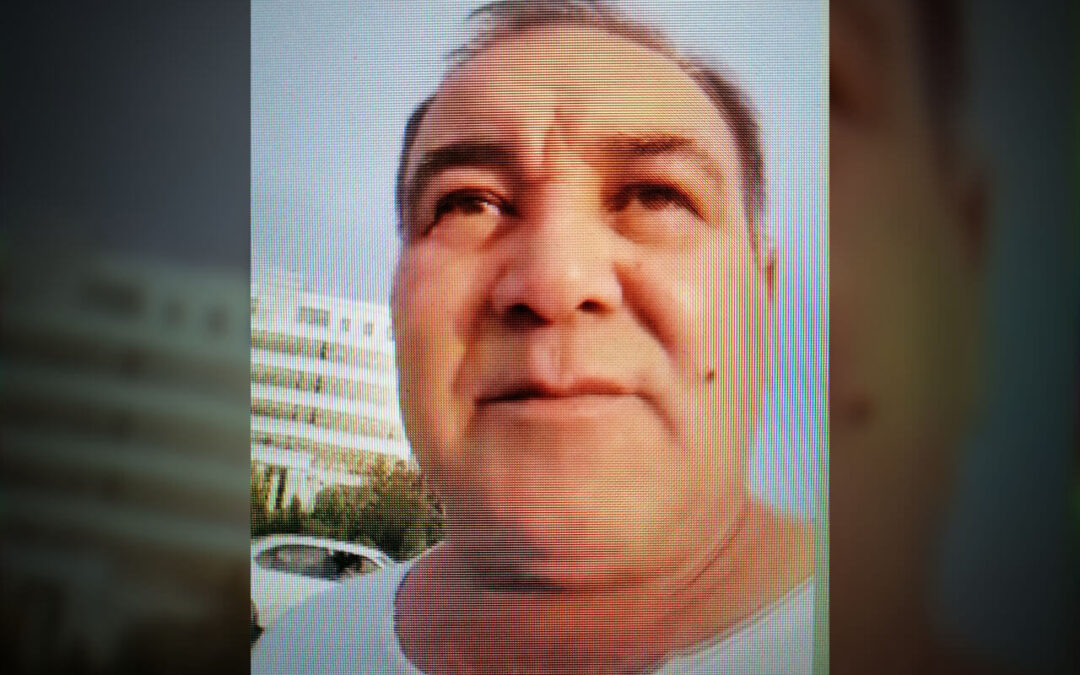
Sep 14, 2020 | News
Today, the ICJ called on Turkmenistan to comply with its international legal obligations to release detained lawyer Pygamberdy Allaberdyev, who is alleged to be arbitrarily detained, or to charge him with a cognizable crime consistent with international human rights law.
Allaberdyev, who has been denied access to his lawyer, should be provided access to the lawyer hired by his family and should have access to family members. He should be sufficiently informed about any charges against him which justify his arrest and should be provided with medication, food and other necessities which may be necessary to protect his right to life and health.
According to the Russian-based Memorial Human Rights Centre, on 5 September at about 7 pm, Pybamberdy Allaberdyev and another person were leaving a grocery store, when an unknown young man unexpectedly approached began a verbal skirmish, then grabbed Allaberdiev by the collar. Almost immediately, police officers appeared and the attacker pointed to the lawyer as the instigator of the conflict, after which he left. This conflict is believed to be staged as a justification to detain the lawyer.
Allaberdiev was taken to the police station, where the attacker came with a bandaged hand 20 minutes later. Soon after, Ministry of National Security officers from Ashgabat came to the police station, and accused Allaberdiyev of having links with activists of the Turkmenistan protest movement based abroad. He was interrogated without a lawyer and his house was searched. Family members have sought to provide him with needed medicine and food, but were said to have been prevented by the authorities from doing so.
On 8 September, the Prosecutor’s Office issued an arrest warrant against Allaberdyev. He is charged with crimes under Article 108 (intentional harm to health of moderate severity) and 279 (hooliganism) of the Criminal Code of Turkmenistan. Allberdyev never appeared before the court, as it is the Prosecutor’s Office which authorizes arrest warrants in Turkmenistan, a practice which is contrary to Article 9(3) of the International Covenant on Civil and Political Rights (ICCPR), to which Turkmenistan is a party.
The arrest of Pybamberdy Allaberdyev is suspected to be related to his alleged links or discussions with Turkmen activists living outside Turkmenistan who protested against upcoming constitutional amendments. The ICJ is concerned that these charges are arbitrary and in violation of his rights to freedom of association and freedom of expression, protected under the ICCPR, to which Turkmenistan is a party.
The ICJ recalls that, under the UN Basic Principles on the role of lawyers, “Lawyers like other citizens are entitled to freedom of expression, belief, association and assembly. In particular, they shall have the right to take part in public discussion of matters concerning the law, the administration of justice and the promotion and protection of human rights and to join or form local, national or international organizations and attend their meetings, without suffering professional restrictions by reason of their lawful action or their membership in a lawful organization” (Principle 23).
Under the ICCPR, Turkmenistan is also bound to respect the rights to liberty and to fair trial. Under Article 9(3) of the ICCPR, anyone arrested or detained on a criminal charge shall be brought promptly before a judge or other officer authorized by law to exercise judicial power and shall be entitled to trial within a reasonable time or to release. A Prosecutor, as representative for a party to the case, cannot be such an officer.
In this connection, the ICJ stresses that the right of access to qualified legal representation is crucial for the protection of the human rights of those arrested.
Background:
The Republic of Turkmenistan acceded to the International Covenant on Civil and Political Rights in 1997.
On 19 August 2020, the Constitutional Commission for the development and consolidation of proposals in connection with the introduction of amendments and additions to the Constitution of Turkmenistan completed work on draft amendments to the Constitution. Under the draft amendments, a bicameral parliament, the National Council, would be established, with Khalk Maslakhaty (People’s Council) and the Mejlis (Assembly) being its higher and lower chambers respectively. Under the new amendments, former Presidents of Turkmenistan acquire membership in Khalk Maslakhaty for life.
On 7 September 2020, the Moscow-based Memorial Human Rights Center and the Turkmen Helsinki Foundation issued a statement about the detention of Pygamberdy Allaberdyev, a lawyer at a State oil company, by the police.
On August 2020, a number of Turkmen activists based abroad organized protests against the constitutional amendments and the lack of response of the State to the COVID-19 pandemic in Turkmenistan.









